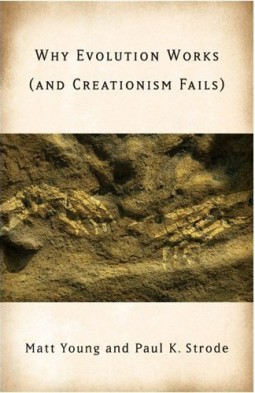 This episode talks about research about COVID-19, angiotensin converting enzyme (ACE), and targeted therapies, and our feature is an interview with CU-Boulder scientists Anushree Chatterjee and Prashant Nagpal. This husband and wife science team explains why there may be a downside to adapting old medications to fight Covid-19. They’ll also explain their anguish about why creating new “drugs” to fight Covid-19 cannot happen as fast as they or anyone would like. They have founded the Antimicrobial REgeneration Consortium, with the goal of speeding up the creation and availability of antimicrobial medicines. They are also developing a way to give people a tiny dose of nanoparticles–basically incredibly tiny microchips, preprogrammed to specifically target a disease such as Covid-19 (see our earlier discussions with them).
This episode talks about research about COVID-19, angiotensin converting enzyme (ACE), and targeted therapies, and our feature is an interview with CU-Boulder scientists Anushree Chatterjee and Prashant Nagpal. This husband and wife science team explains why there may be a downside to adapting old medications to fight Covid-19. They’ll also explain their anguish about why creating new “drugs” to fight Covid-19 cannot happen as fast as they or anyone would like. They have founded the Antimicrobial REgeneration Consortium, with the goal of speeding up the creation and availability of antimicrobial medicines. They are also developing a way to give people a tiny dose of nanoparticles–basically incredibly tiny microchips, preprogrammed to specifically target a disease such as Covid-19 (see our earlier discussions with them).
Host: Beth Bennett, Angele Sjong, Shelley Schlender, Joel Parker
Producer: Joel Parker, Beth Bennett
Engineer: Maeve Conran
Executive Producer: Joel Parker
Listen to the show:
Podcast: Play in new window | Download (Duration: 27:23 — 25.1MB)
Subscribe: RSS







 Welcome to a special edition of How on Earth, done in conjunction with the
Welcome to a special edition of How on Earth, done in conjunction with the 
